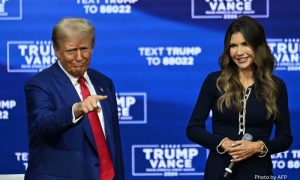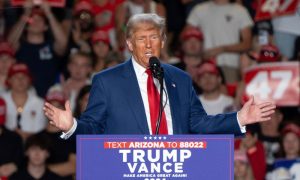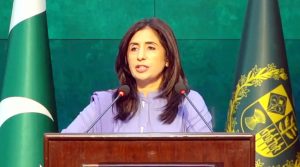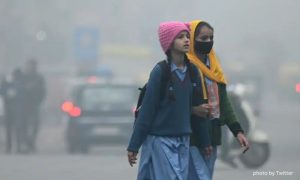In recent months, a persistent narrative has surfaced in Pakistan’s political discourse, suggesting that the outcome of the 2024 US Presidential Election could have a direct and profound impact on the country’s internal affairs. Central to this narrative is the belief that if former President Donald Trump wins, he would exert pressure on the government of Pakistan to release former Prime Minister Imran Khan, who has been embroiled in legal battles since his ousting from office. This theory, popular among supporters of Imran Khan’s Pakistan Tehreek-e-Insaf (PTI) party, is based on assumptions that the dynamics of US politics can significantly influence Pakistan’s domestic situation.
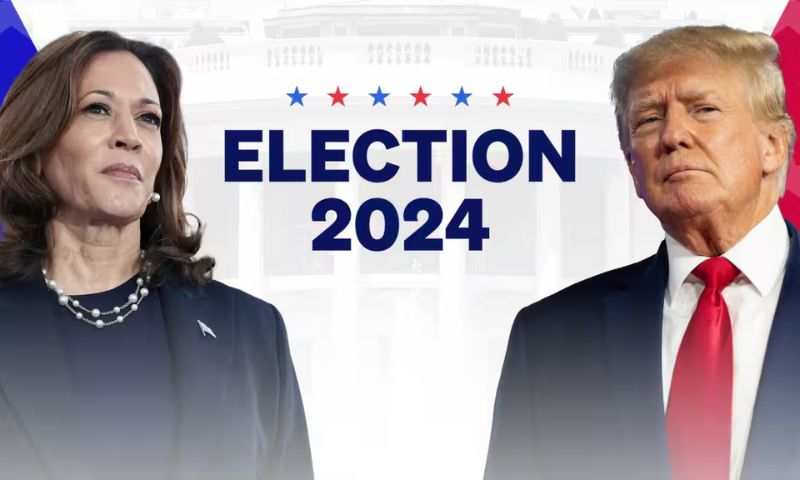
A closer examination reveals that these ideas lack substantial grounding in reality, and the political landscape of Pakistan is unlikely to see any major shift due to the results of the 2024 US election. The argument that US elections might directly influence Pakistan’s political scene often revolves around personalities rather than policy frameworks. PTI supporters, for instance, have pointed to Donald Trump’s populist rhetoric and his apparent affinity for strong leaders, hypothesizing that a Trump administration might push the Pakistani government to release Imran Khan.
Democrats and the Republicans
However, these arguments misread both US foreign policy patterns and the unique nature of Pakistan’s internal politics. To understand why the outcome of US elections won’t significantly impact Pakistan’s domestic dynamics, we must first look at the historical relationship between the US and Pakistan, and the distinct foreign policy approaches of the two major political parties in the United States: the Democrats and the Republicans. For decades, the US has had a complicated relationship with Pakistan, characterized by periods of cooperation and conflict. US-Pakistan ties have largely been shaped by broader strategic interests, including the war on terror, and regional stability in South Asia.
In most cases, the US has preferred to engage with Pakistan’s military establishment rather than its civilian leadership, regardless of the party in power in Islamabad. This pattern is crucial to understanding why US elections, while important on a global scale, have little bearing on the specifics of Pakistan’s political landscape. The key difference between the two major US political parties is how they approach foreign policy, especially regarding issues like democracy promotion and human rights.
Historically, the Republican Party has been less vocal about intervening in the internal political affairs of other countries, including Pakistan. Republican administrations tend to prioritize strategic alliances, military cooperation, and regional stability over advocating for democratic reforms or human rights. For example, during the Trump administration, despite his criticisms of many foreign leaders, the US maintained close ties with Pakistan’s military leadership, especially during the US-Taliban peace talks and Afghanistan withdrawal. Trump’s “America First” policy meant that US engagement with foreign countries, including Pakistan, was often guided by pragmatic national security concerns rather than democratic ideals.
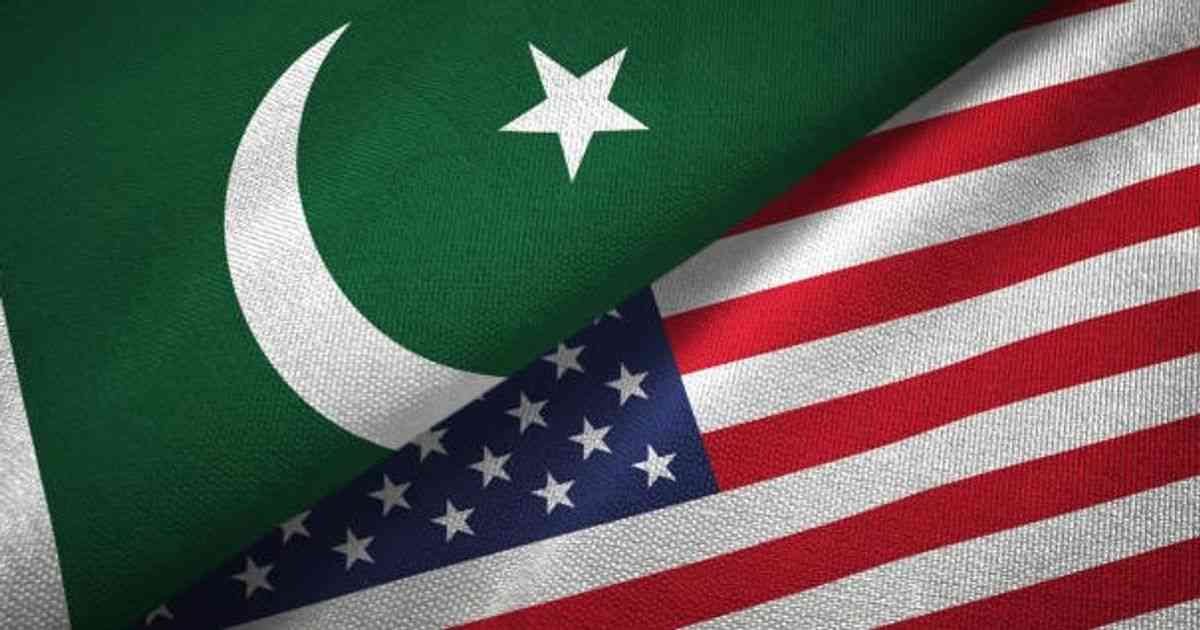
In contrast, Democratic administrations have historically shown a greater emphasis on promoting human rights, rule of law, and democratic governance. This has often led to criticisms of countries with authoritarian tendencies. However, even under Democratic administrations, the US has not historically taken drastic measures to influence Pakistan’s domestic political changes. While the Obama administration, for instance, was more vocal about the need for democratic reforms, it did not intervene to the extent that some critics might have expected.
Thus, regardless of whether a Republican or Democratic administration takes office in 2024, it is unlikely that significant changes will occur in US-Pakistan relations with respect to Pakistan’s internal politics. While the rhetoric may vary—Democrats might voice more concerns about democracy and human rights, while Republicans may focus on strengthening strategic partnerships—the pragmatic nature of US foreign policy will ensure that key bilateral issues remain consistent.
The reality of Pakistan’s domestic politics is far more complex and entrenched than the narrative of foreign influence might suggest. The political tug-of-war between PTI, the Pakistan Peoples Party (PPP), and the Pakistan Muslim League (PML-N) is rooted in the country’s deep-seated power structures, including media, judiciary, and various business elites. While external factors such as international relations, including those with the US, can certainly influence Pakistan’s economic and strategic decisions, the domestic political situation is shaped by factors that are largely independent of US electoral outcomes.
Rather than being swayed by speculative narratives about US elections, Pakistan should focus on crafting a coherent and independent foreign policy that prioritizes its national interests, regardless of who is in power in Washington. In practical terms, this means strengthening Pakistan’s relationships with its neighbors, diversifying its international alliances beyond the US, and fostering economic growth and political stability through domestic reforms. Whether it’s the US under the Republicans or Democrats, Pakistan’s relationship with Washington should be based on mutual respect for sovereignty and a shared interest in regional security, rather than the fleeting whims of US domestic politics.













